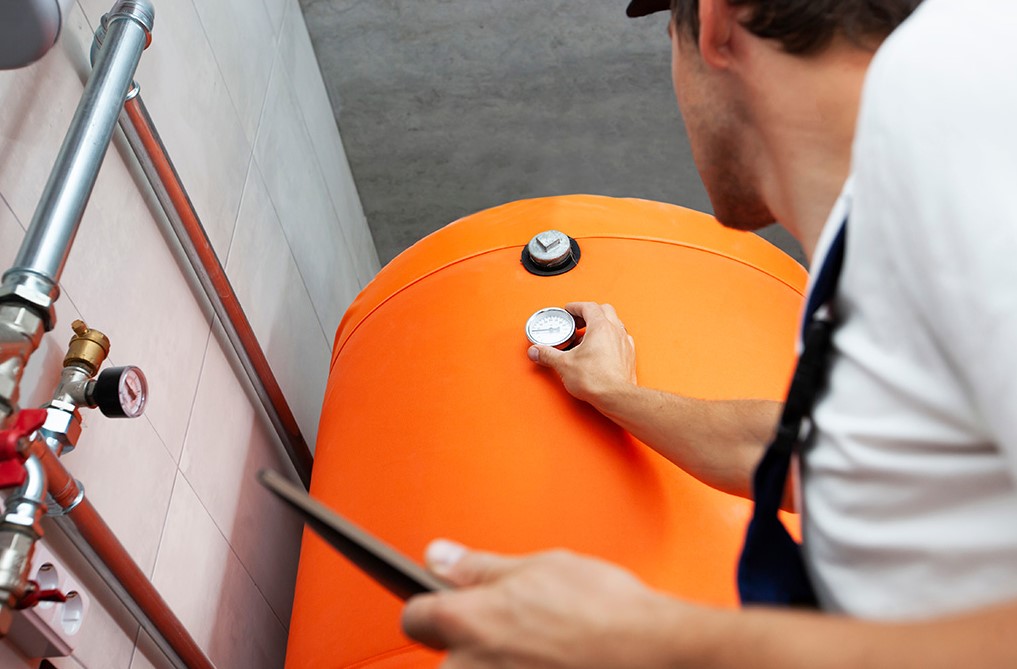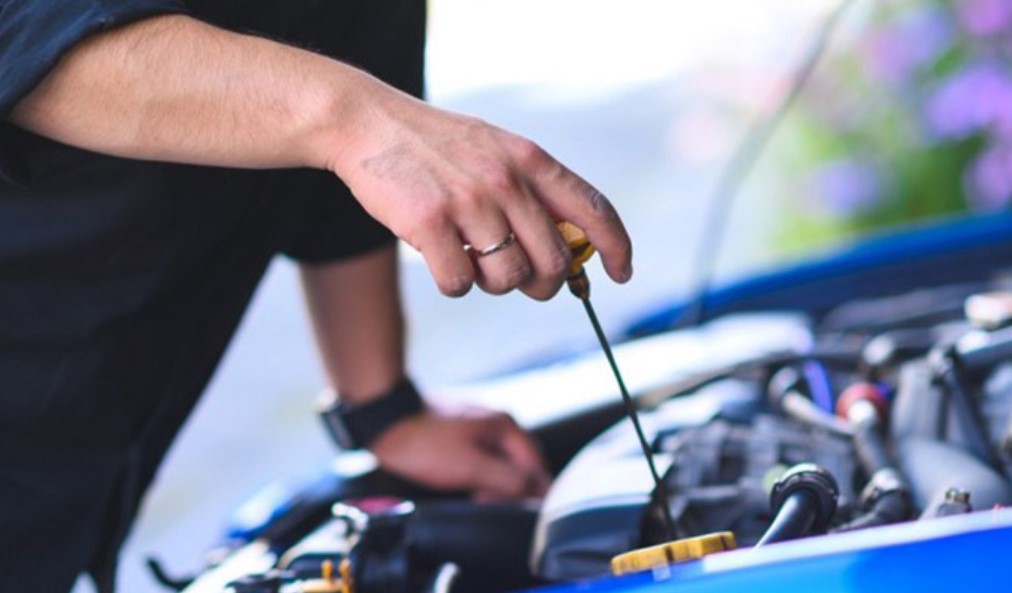It is essential to regularly maintain a residential oil tank to ensure the efficiency of your heating system and the safety and longevity of the equipment. Regular maintenance helps prevent issues ranging from minor inefficiencies to serious hazards like leaks. This manual will describe the significance of frequent upkeep, typical indications of problems, fundamental upkeep procedures, and when it is necessary to seek assistance from a professional. Providing thorough maintenance can help prolong the tank’s life and improve its safety. Additionally, it will cover environmental considerations and aspects.
For those residing in specific areas, local experts offer services tailored to your needs. For instance, oil tank services Greenwood Lake NY, are designed to assist homeowners in maintaining their equipment in top-notch condition.
Why Regular Maintenance is Crucial
Maintaining your oil tank regularly will save you money, prolong the life of your heating system, and protect your family’s safety. Neglect can lead to oil leaks, inefficiencies, environmental hazards, or catastrophic failures that can be costly to fix. Properly maintained oil-fired systems run up to 10% more efficiently, saving your energy bill. Routine checks and professional inspections ensure smooth operation and identify potential issues before they escalate. Therefore, diligence in routine care is essential.
Common Signs of Oil Tank Issues
Recognizing the early signs of oil tank issues can save you from more severe problems later. Here are some common indicators:
- Oil odors around the tank: If you start noticing an unusual smell around your oil tank, it could be a sign of a leak. Addressing it early can prevent environmental contamination and fire hazards.
- Visible rust or corrosion: Rust or corrosion can weaken the tank structure, making it more susceptible to leaks. It’s a clear indication that you need to implement preventive measures immediately.
- Sudden increase in oil consumption: An unexplained spike in oil usage can indicate inefficiencies in your heating system or potential leaks. Monitoring your oil consumption regularly can help spot these issues early.
- Puddles of oil around the tank: Puddles are a direct sign of a leak, requiring urgent attention. Immediate action can mitigate further damage and potential hazards.
Steps for Basic Maintenance
Essential maintenance doesn’t require significant effort but can significantly prolong the life of your oil tank and ensure its safe operation. Here are some steps you can take:
- Inspect Regularly: Regularly inspect your oil tank for signs of wear and tear, such as rust or leaks, to catch potential issues before they escalate into serious issues.
- Clean the Tank: Regularly clean the tank to prevent blockages and inefficiencies caused by sludge buildup, using appropriate cleaning techniques or hiring a professional.
- Test for Water: Water accumulation at the bottom of the oil tank bottom can cause rust and corrosion. Use the water-finding paste to test the tank bottom and drain water if found to prevent damage.
- Monitor Oil Levels: Regularly monitor your oil levels to detect unusual patterns and potential leaks, as unexpected changes in consumption can indicate potential issues.
Environmental Impact and Considerations
A poorly maintained oil tank can have severe environmental repercussions. Leaks can contaminate the soil and groundwater, leading to costly clean-ups and potential legal penalties. Therefore, maintaining your oil tank is suitable for your household and an act of environmental stewardship.
Maintaining the condition of your tank is crucial to reducing the likelihood of spills and leaks that could harm the environment. Additionally, a properly maintained tank functions more effectively, helping to decrease your carbon footprint by using less fuel. Small steps taken today can result in a more sustainable planet.
When to Call a Professional
Homeowners need to consider hiring professional maintenance for specific occasions. Annual inspections by certified specialists are essential for finding and fixing problems and guaranteeing adherence to safety and local code requirements. The EPA emphasizes the importance of regular professional checks for safety and environmental compliance. If significant issues such as leaks, rust, or malfunctioning components are observed, it is essential to seek professional assistance. Professionals possess the expertise and abilities to oversee complex repairs and provide system safety certification. They also offer peace of mind, knowing your oil tank is in good hands.



